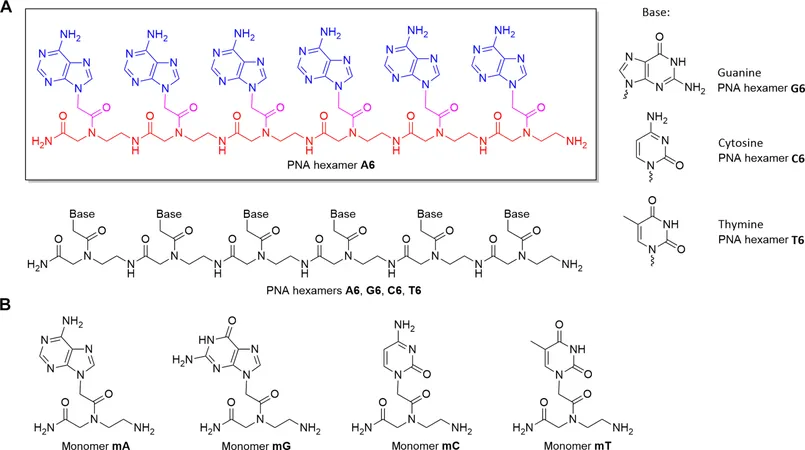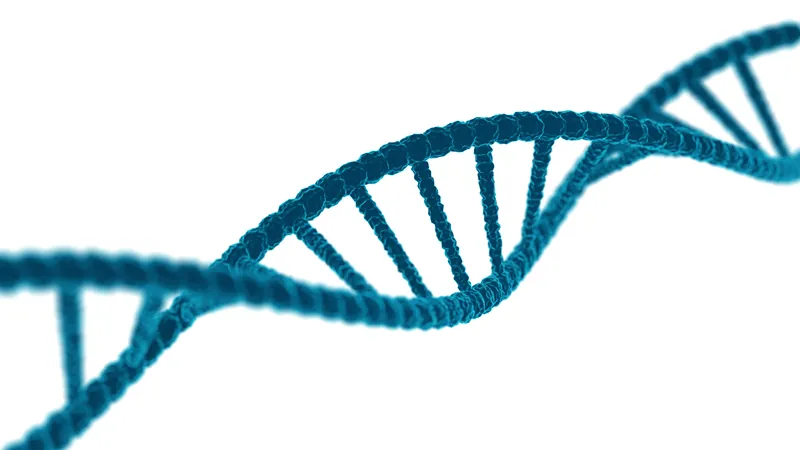
Could Life as We Know It Thrive in Venus' Harsh Clouds? Shocking New Discoveries!
2025-05-08
Author: Yu
A Revolutionary Breakthrough in Astrobiology
Imagine a world where fierce sulfuric acid clouds could harbor life forms vastly different from anything on Earth. A thrilling new study suggests that under the intense conditions of Venus, a DNA-like molecule known as peptide nucleic acid (PNA) can survive and possibly form the building blocks of alien life!
Venus: A Hostile Yet Promising Landscape
Traditionally seen as a desolate realm inhospitable to complex organic chemistry, Venus's clouds consist of sulfuric acid, chlorine, iron, and other potent substances, creating a harsh environment. However, research spearheaded by Wrocław University of Science and Technology has shaken up this perception.
Surprisingly Resilient: The Power of PNA
The international research team, which collaborated with top institutions like Cardiff University and the Massachusetts Institute of Technology, discovered that PNA can endure a staggering 98% sulfuric acid solution at room temperature for two weeks. This opens up thrilling possibilities for life in environments previously deemed uninhabitable.
Challenging Long-Standing Assumptions about Life
Lead author Dr. Janusz Jurand Petkowski emphasized the significance of their findings, stating, "Many believed concentrated sulfuric acid annihilates organic molecules. Our research reveals that certain chemicals crucial for life, such as amino acids and nitrogenous bases, can surprisingly resist degradation in this hostile environment." This suggests concentrated sulfuric acid may facilitate unique forms of life.
Contextualizing Discoveries with Previous Findings
This study builds upon earlier revelations from 2020 when scientists identified phosphine—an indicator of possible life—in Venus's atmosphere. Similarly, ammonia, a known biomarker, was detected, further fueling speculation about extraterrestrial life.
A New Chapter in Understanding Life's Chemistry
According to Dr. William Bains from Cardiff University, the potential for life exists even in environments that are hostile by Earth’s standards. The study explores how sulfuric acid could act as a solvent for complex biochemical processes, paving the way for life forms drastically different from those that thrive on our planet.
Future Prospects: Crafting a Genetic Polymer for Alien Life?
The revelations about PNA’s stability at room temperature are just the beginning. Dr. Pętkowski indicated that future research will aim to create a genetic polymer that remains stable in the fluctuating temperatures of Venus’s clouds, which range from 0°C to 100°C. This could be a monumental step towards uncovering the secrets of life beyond Earth.
Final Thoughts: A Cosmic Puzzle Unraveling
The findings from this groundbreaking research spark excitement not only in the field of astrobiology but also in our understanding of sulfuric acid chemistry, which could one day have practical industrial applications. As we peel back the layers of this cosmic conundrum, the potential for life in the universe appears more thrilling and enigmatic than ever!




 Brasil (PT)
Brasil (PT)
 Canada (EN)
Canada (EN)
 Chile (ES)
Chile (ES)
 Česko (CS)
Česko (CS)
 대한민국 (KO)
대한민국 (KO)
 España (ES)
España (ES)
 France (FR)
France (FR)
 Hong Kong (EN)
Hong Kong (EN)
 Italia (IT)
Italia (IT)
 日本 (JA)
日本 (JA)
 Magyarország (HU)
Magyarország (HU)
 Norge (NO)
Norge (NO)
 Polska (PL)
Polska (PL)
 Schweiz (DE)
Schweiz (DE)
 Singapore (EN)
Singapore (EN)
 Sverige (SV)
Sverige (SV)
 Suomi (FI)
Suomi (FI)
 Türkiye (TR)
Türkiye (TR)
 الإمارات العربية المتحدة (AR)
الإمارات العربية المتحدة (AR)